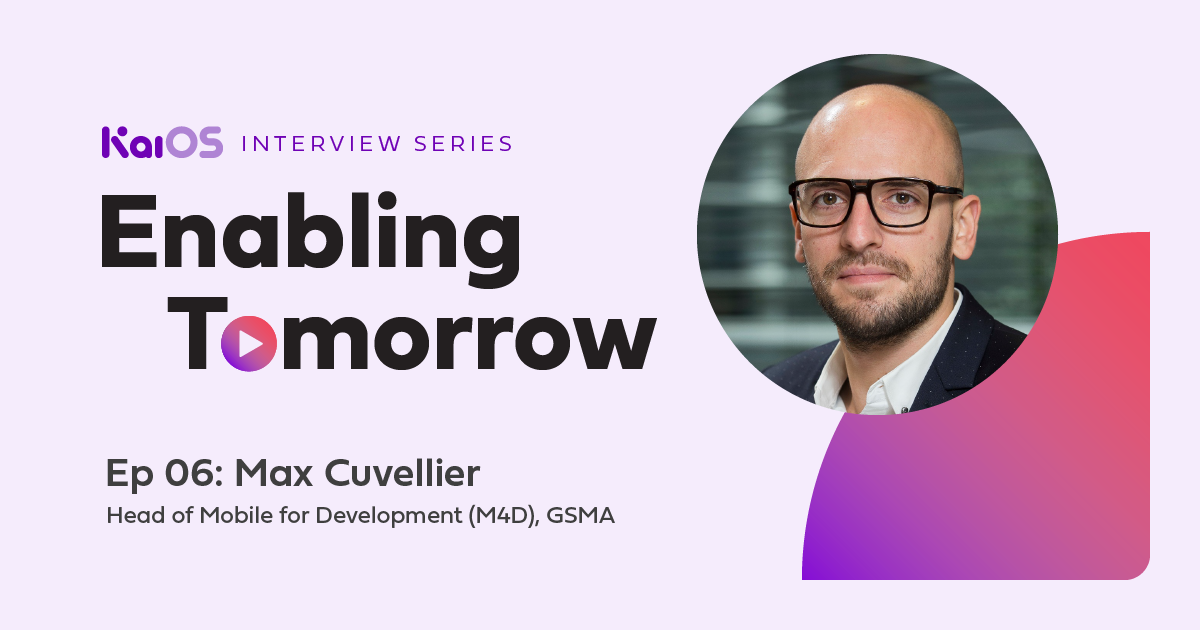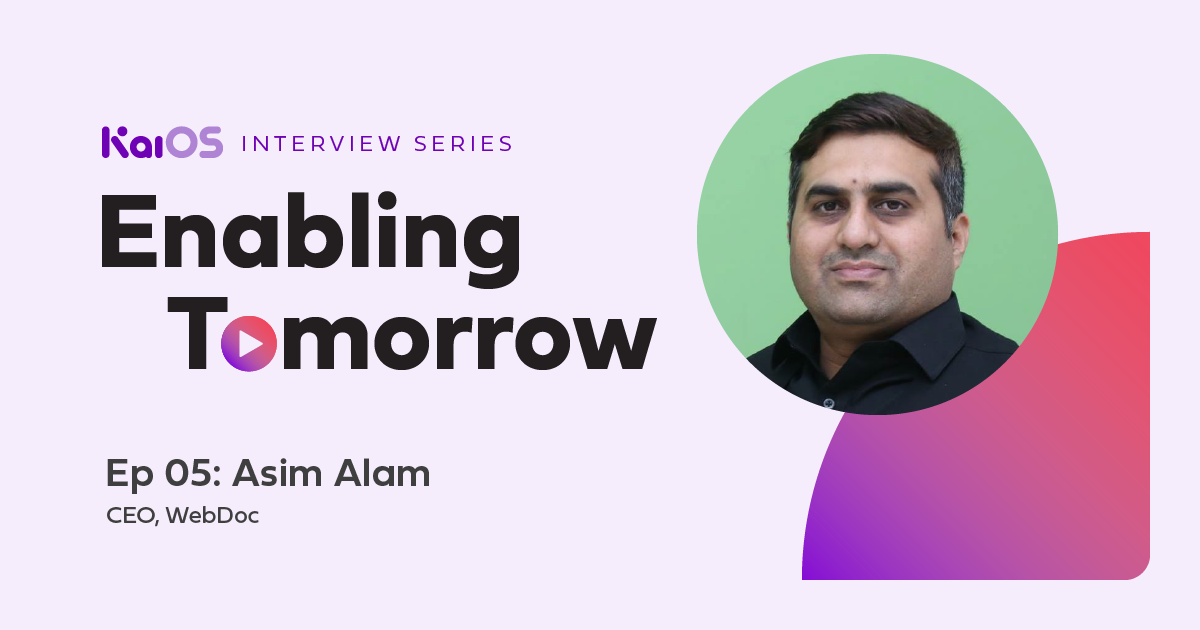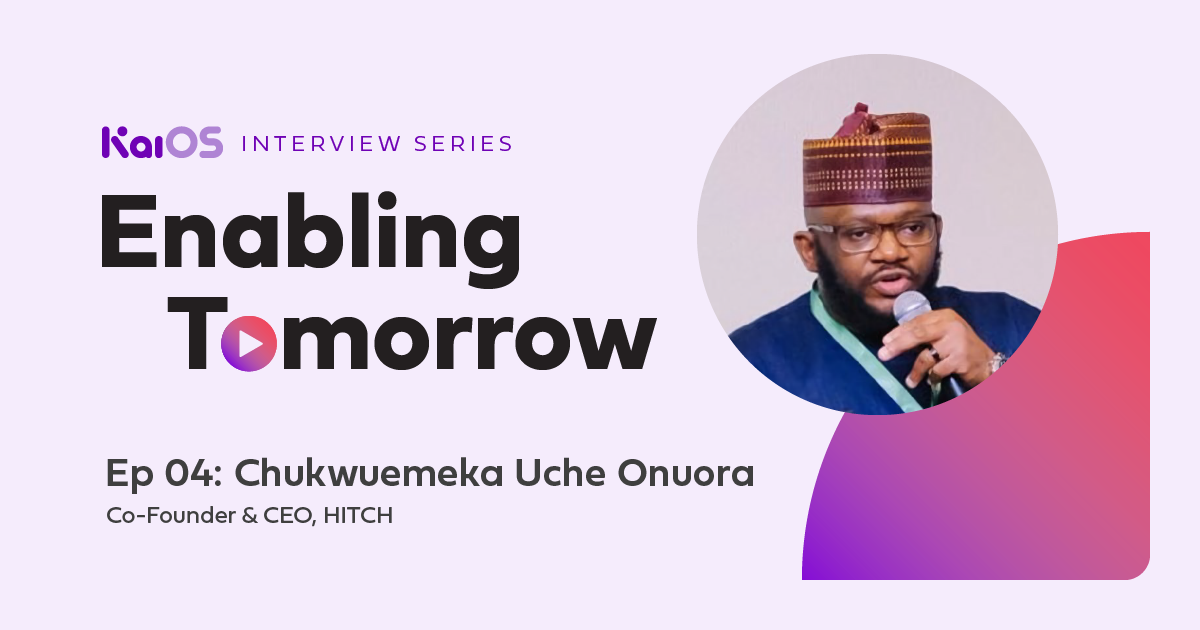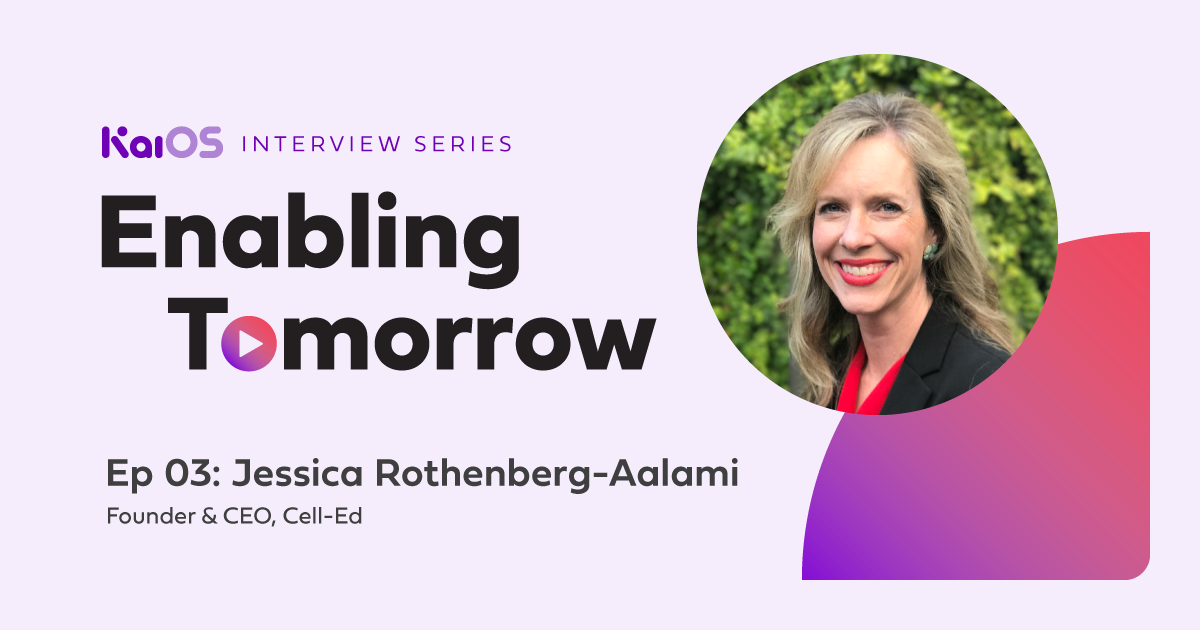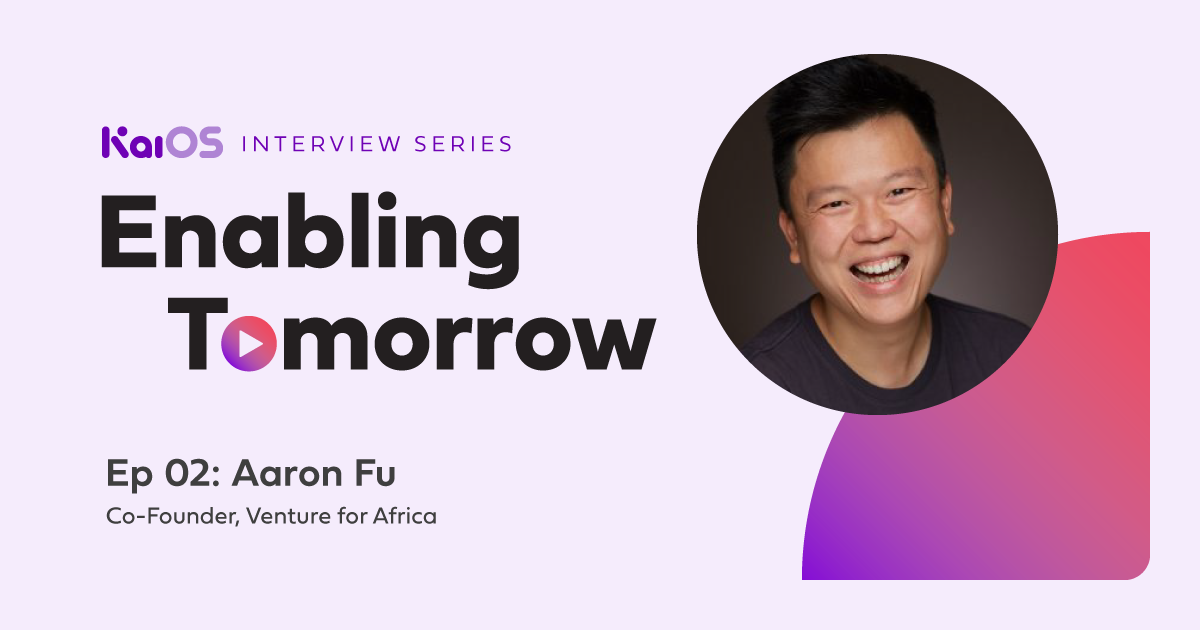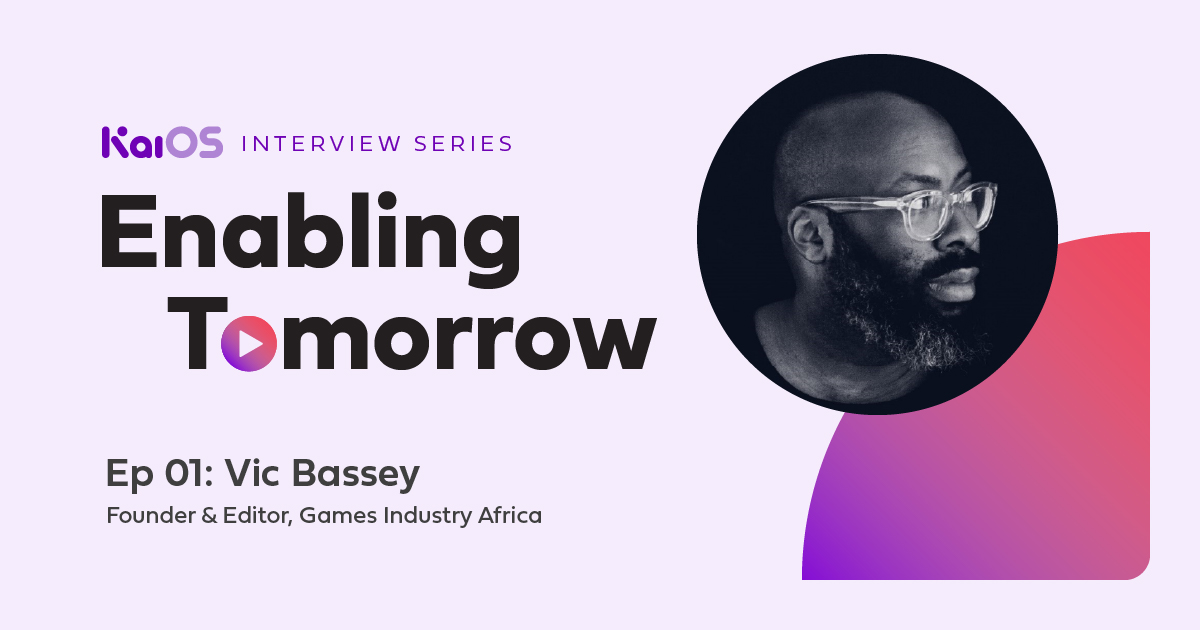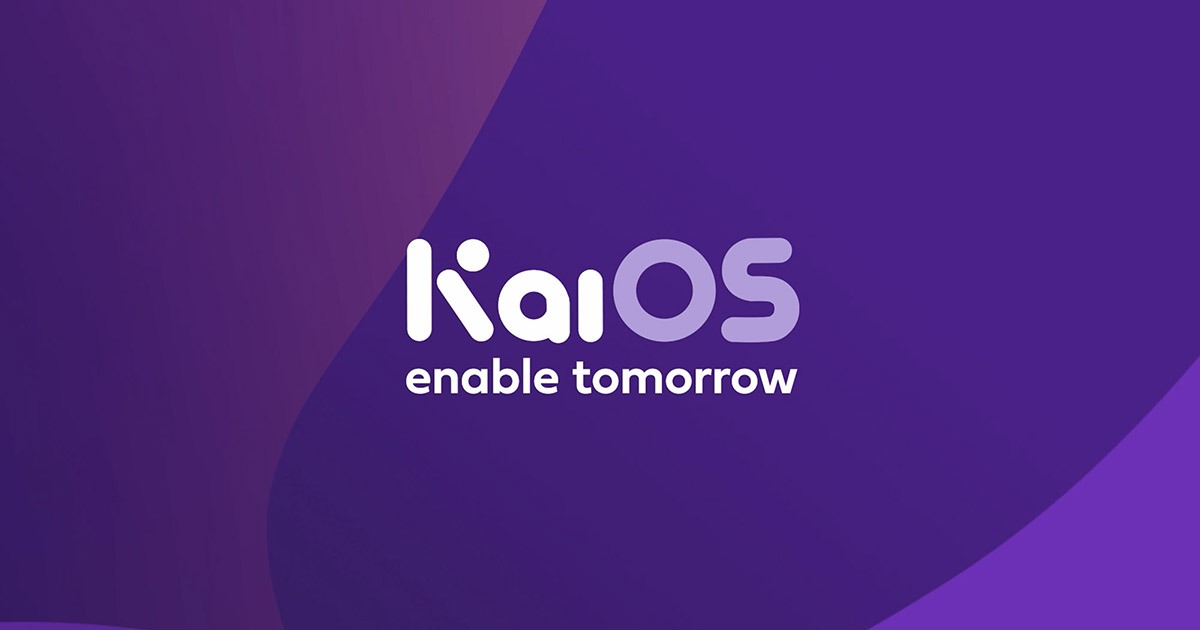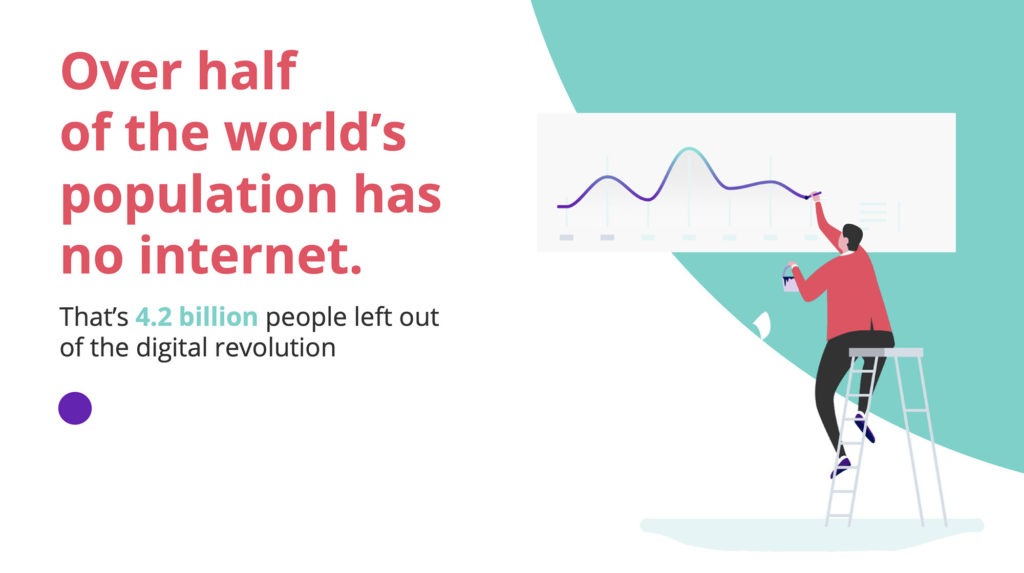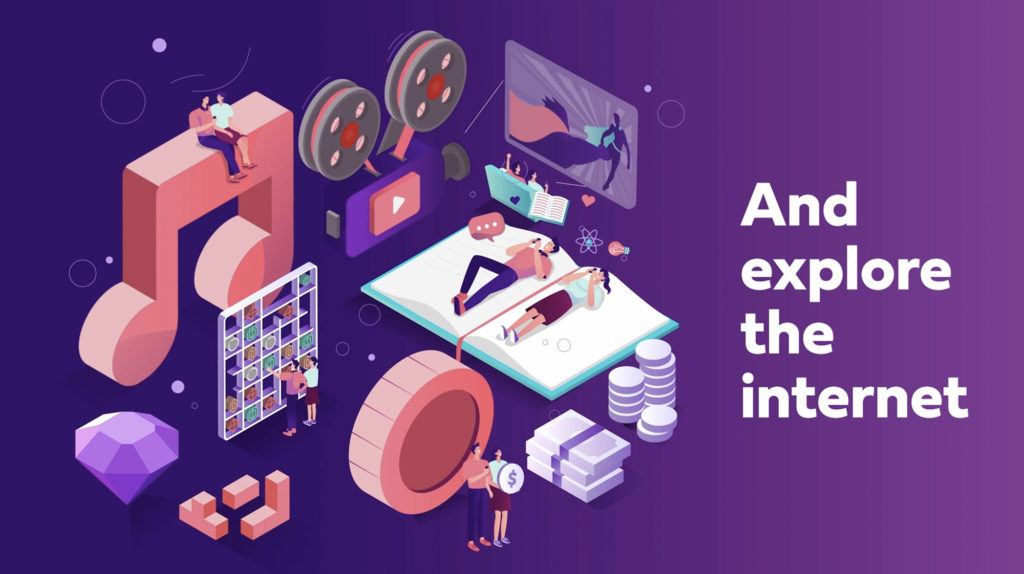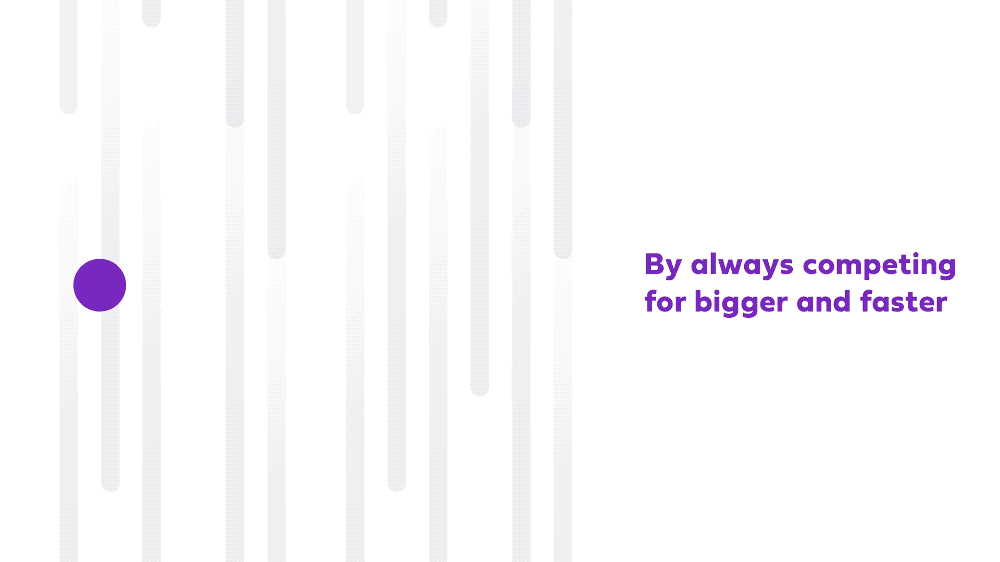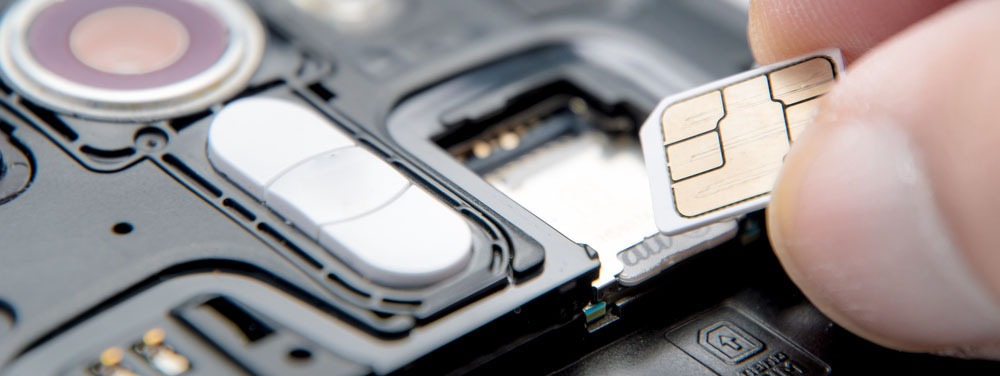Carriers face a challenge, especially in emerging markets. While most of their smartphone customers have moved to 4G/LTE, a substantial percentage of their subscriber-base is stuck on 2G networks (between 15%-50%, depending on the market).
These customers are stuck there because their current basic phones are not 4G-capable while upgrading to a smartphone and corresponding data plan is not an option for them. This situation creates two headaches for carriers:
- They can’t free up valuable network spectrum.
- They can’t sell data plans (plus related services) to these customers.
KaiOS helps carriers solve these problems, but it’s not as straightforward as you might think. Let’s run through the elements required to tackle this challenge.
1. Device costs
First, the cost of devices needs to come down. According to research from GSMA, even the lowest income groups—those living on $2 per day or less—will purchase an internet-enabled device if the price lies below $34, an amount that represents 5% of their monthly/annual income.
A new generation of feature phones solves this piece of the puzzle. A touchscreen is the most expensive component of a smartphone. This makes a feature phone with keypad significantly cheaper. The other main cost is memory. Having a smaller screen with fewer pixels reduces memory requirements, and at Kai, we work continuously to optimize the internal processes of our operating system. This helps to drive memory requirements down to levels that were unheard of even just one year ago (we’ll soon be powering devices requiring only 256MB of RAM!).
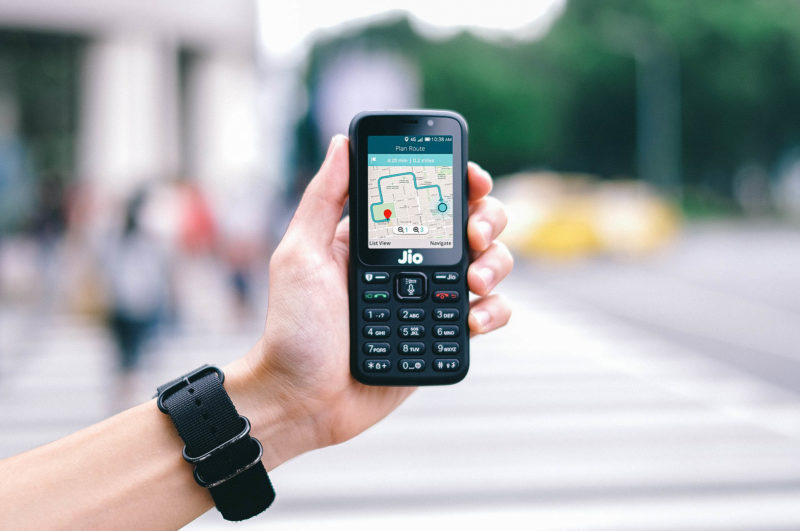
Would these affordable devices drive smartphone owners to “downgrade”? We don’t think so. Once you’re used to a touchscreen, you’re not going back. But these smart feature phones are specifically created for people currently on 2G devices or without any phone at all.
2. Data costs
If you want to own a $10M yacht, $10M is not going to cut it. You need additional money to pay for the recurring “costs of ownership.” Staff, repairs, fuel, docking costs, and so on. It is the same with a phone.
Even when the price of the device falls within someone’s budget, there are still “costs of ownership” in the form of the monthly data plan the user has to pay the carrier. This can be an even bigger issue than the cost of purchasing the device: if you can barely afford a $30 phone, then you can definitely not spend $10+ per month on a data plan.
The solution is a data plan that is slightly more expensive than a voice+text-only plan, but a lot cheaper than a regular smartphone data plan. People are willing to pay a little bit more for the benefits a data plan brings, but not a lot more.
Research shows that the sweet spot for emerging markets lies around $2.5 per month. Not coincidentally, our partner Reliance Jio prices the JioPhone data plans below this point. They have an INR49($0.75) monthly plan with 1 gigabyte of data, or an INR153.00($2.35) variation with 42GB (1.5GB per day). These plans have helped lower average data costs in India from $3 per gigabyte to $0.087 now, and have increased average data usage by 500%, from 20MB to 500MB.
These kind of data plans are great ways for people get their first taste of the mobile internet. Once they get familiar with apps and ubiquitous connectivity, some will go on to upgrade to smartphones, further benefiting carriers.
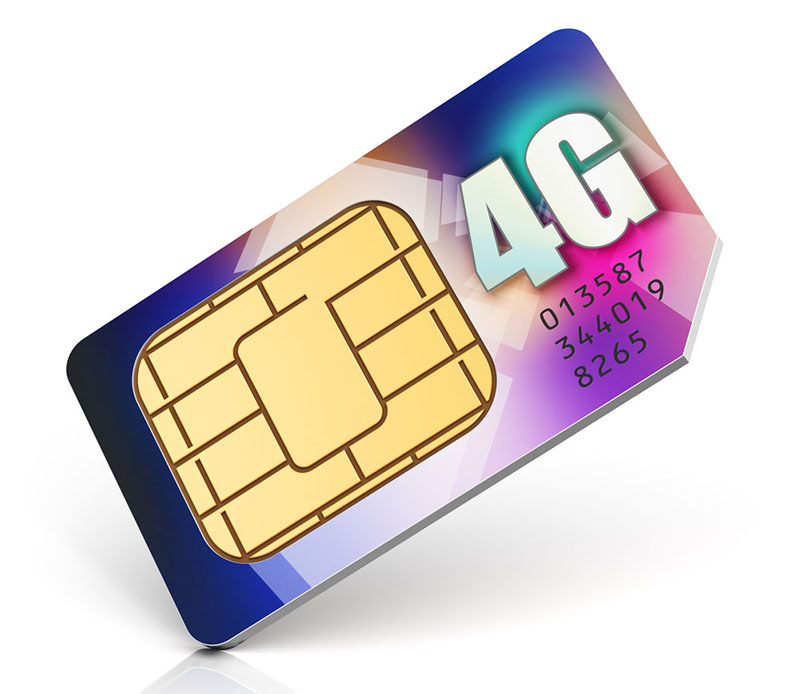
3. Data usage (content providers)
Another way to help people use less data is to ensure the apps are prudent in their bandwidth usage. We need apps built like a Prius, not a Hummer.
In many other markets and for other customer segments, data maximization is in the interest of carriers. But in the case of lower income groups in emerging markets, this is not a winning strategy: either data usage is brought down so the offer can fit within the $2.5 per month range, or people will simply not buy any data at all. It’s $2.5 per month or nothing; driving it past the $2.5 point kills the business opportunity.
By making lite versions of their apps and sites, app developers and content providers contribute to restricting data usage. This is one of the main reasons our partnerships with companies like Facebook, Google, and Twitter are so important. By partnering, our development teams can work closely together to ensure KaiOS users have an optimal experience while reducing data usage.
4. Data usage (technical)
In addition to optimizing the content, there are technical “tricks” to bring data usage down. For example, an app like YouTube can preload videos to the local device while the user is connected to Wi-Fi, instead of using the 4G/LTE connection. Google Maps can set it’s refresh rate (loading of new map data) to a lower rate than it would normally do on smartphones.
We also optimize processes and workflows at the core of the OS, and we work together with carriers to ensure software updates and communication on usage and user data is not counted towards the user’s data package.
5. Data rewards
The last step is to provide users with free data rewards. Our team is hard at work to develop KaiAds, an advertising solution specifically for feature phones and the unique user demographics we serve with KaiOS. This will include standard ad formats, like banners and videos, but also unique solutions such as lock screen ads. Some of these campaigns will reward users with free data, further helping users to enjoy their favorite apps without having to spend more money.
A new business model emerges
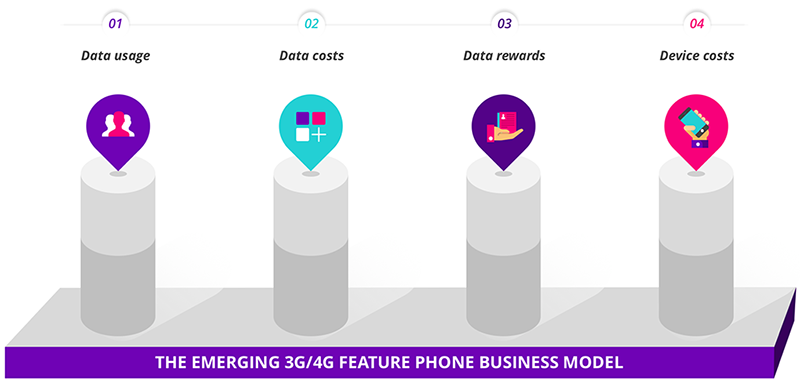
Taken together, a new business model for carriers emerges through the above steps. The $2.5 per month data package becomes a reality for users and operators alike, allowing an entirely new group to access the internet from their mobiles. At the same time, carriers unlock a sustainable business model for a group of customers that previously paid nothing or very little.
